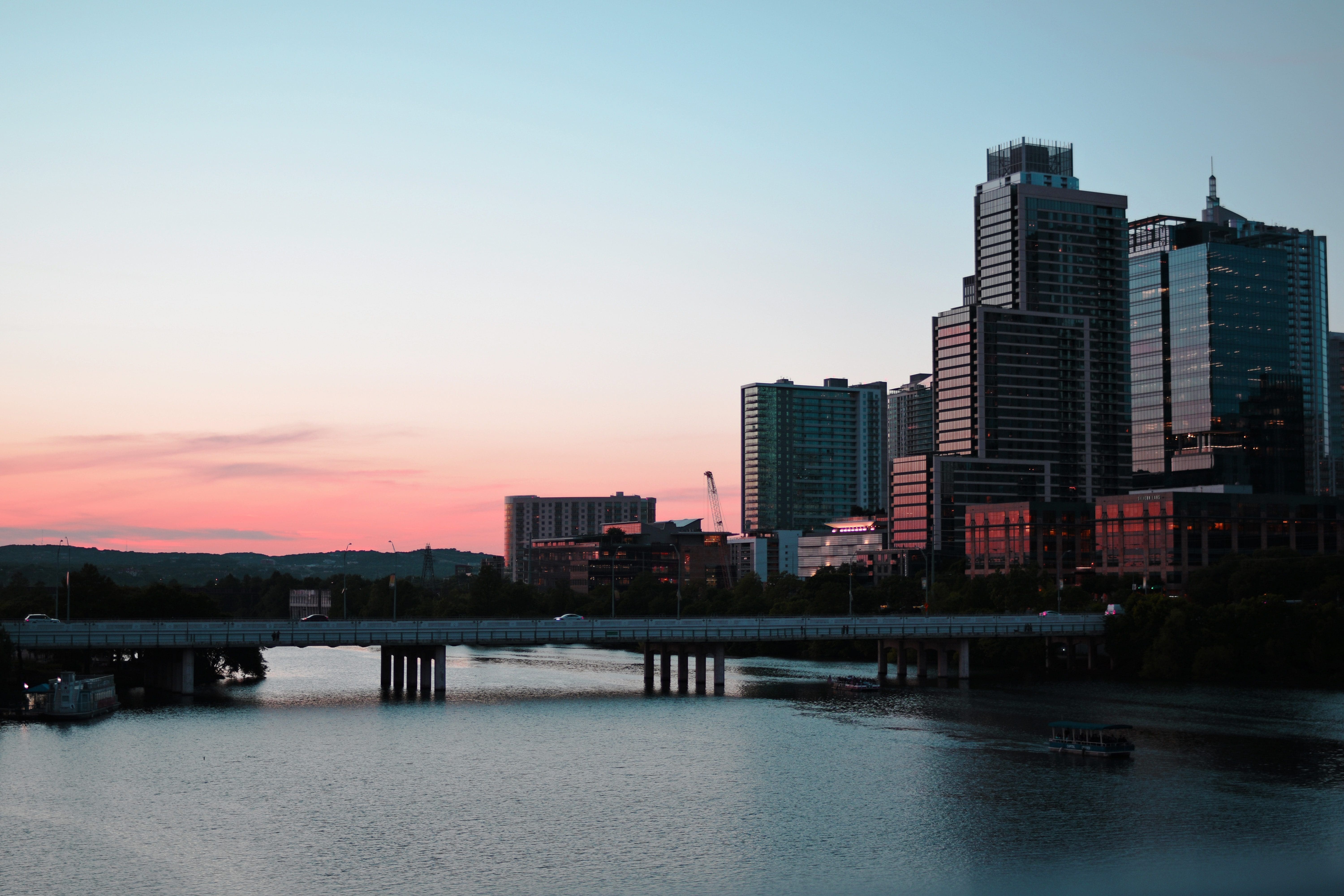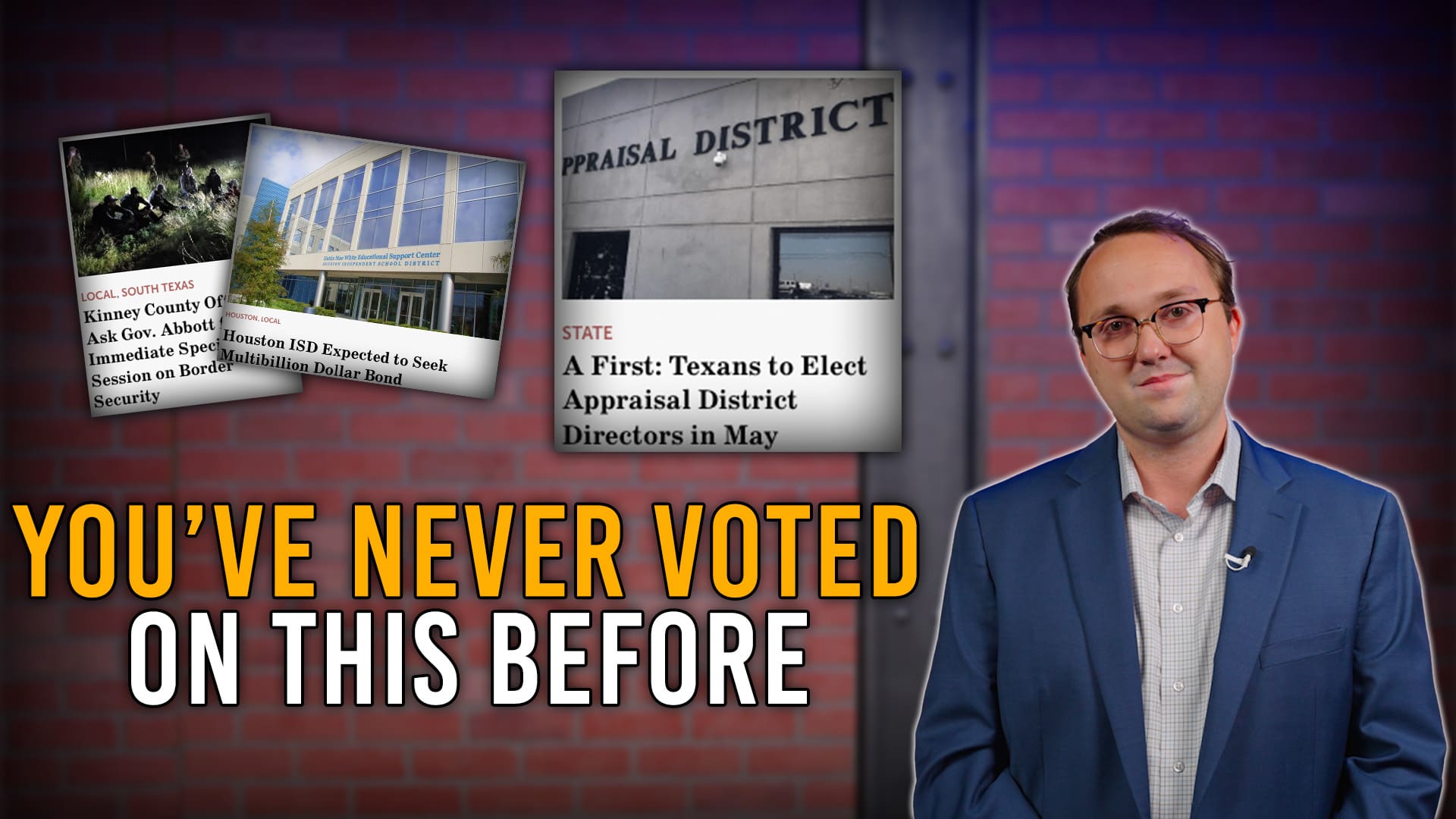AUSTIN — Three months of an alarming public safety risk. 33,000 petition signatures. Packed townhalls of angry citizens—and still Austin City Council chose to do nothing about their controversial new law.
On Friday, after a tumultuous summer of community backlash, the Austin City Council met to finally change their recent homeless camping law. The council’s law, passed in June, allows homeless people to camp, sit, and lie in public spaces, a decision that predictably caused an outbreak of sidewalk campsites and tent cities throughout Austin.
The decision also created a serious public health and safety risk, prompting tens of thousands of citizens to sign a petition calling for the law’s reversal. The University of Texas police chief even wrote an open letter urging the mayor to reverse their decision for the sake of students’ security.
“I think the community is expecting us to actually act,” said Mayor Steve Adler.
The result of the council’s climactic Friday meeting? They did nothing.
The council chose to leave the law as is and postponed any decision or even conversation about the matter until mid-October.
Council’s punt comes after they heard hours of testimony just last week when citizens told them the startling consequences of their latest law.
“[My daughter] lives in a first-floor apartment … and there are currently 100 registered sex offenders listed as transient and living on the streets of Austin,” citizen Susan Albertson told the council. “Because you’ve allowed them to sleep anywhere, they can now sleep 100 feet from my daughter’s bedroom window and front door.”
“I’m here to tell you that I have seen lewd acts, illegal acts, men expose themselves, drug deals go down, and drug paraphernalia on the street adjacent to Joslin Elementary,” said citizen Celeste Wiley. “We need to protect our children.”
“We have seen at least one murder [across the street from Joslin]” said citizen Leann Land, who also told a story about three homeless men who were at the elementary school’s playground while children were there.
“The teacher approached the two on the picnic table and said, ‘Would you mind moving? Because the children want to use this area and the picnic table.’ She was then verbally assaulted. This man just went off on her. I’m sure it was very disturbing to her and the children who witnessed this. We’ve got a lot of new families who are scared.”
Citizen Monica Washington testified on behalf of a low-income apartment community, where a group of homeless individuals has set up a camp near a bus stop in front of the complex.
“For our residents, from a safety standpoint, several have said they don’t feel comfortable at the bus stop anymore,” Washington said. “That space is not safe for the homeless persons that occupy it and the families who live there and use the bus stop.”
At Friday’s meeting, the council tossed around several different proposed changes to the law, including banning camping on only a handful of exclusive streets of the council’s choice or requiring 4 feet of open public passage on sidewalk campsites (enforced by police officers equipped with tape measures). Ultimately, as the morning meeting wore into the afternoon, the council chose to just postpone taking any action, as members expressed disapproval over their decision-making process.
“I’ve tried in good faith to participate in this process, but I’m really uncomfortable with where we’re at,” said Council Member Alison Alter.
For now, Austin’s homeless campsites—and public safety risk—will continue.
“We didn’t get there [to a decision] today because we weren’t ready. But we need to,” Mayor Adler said.





